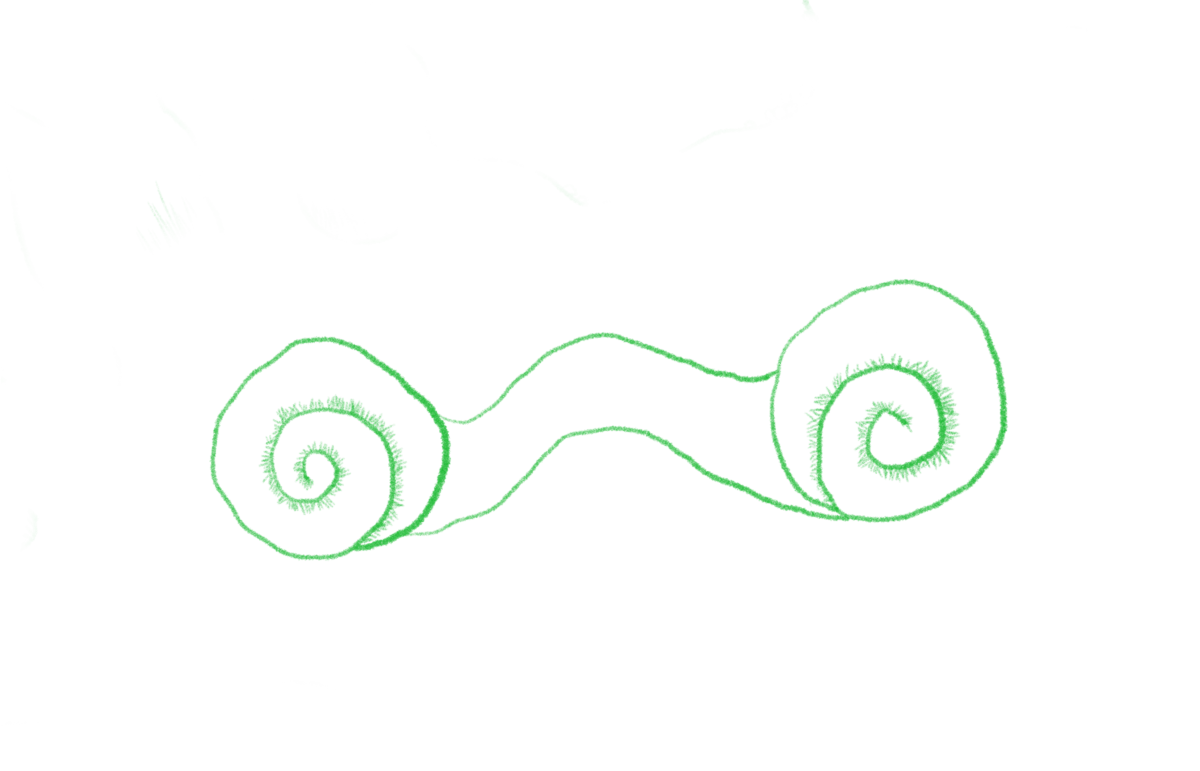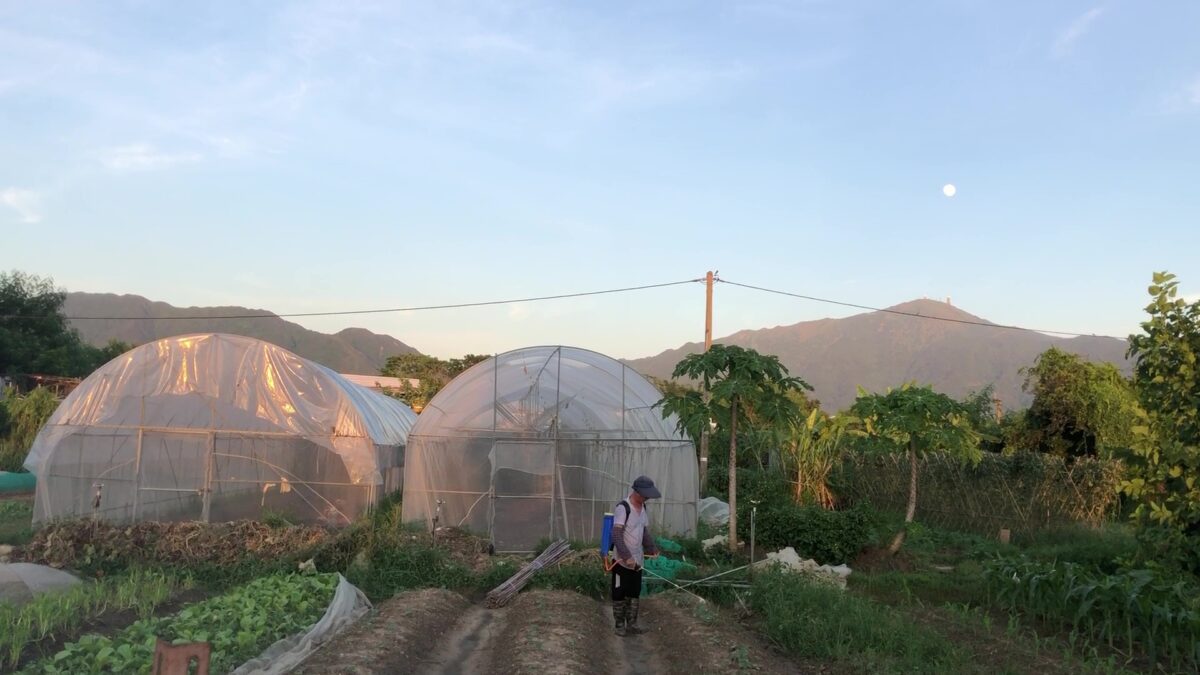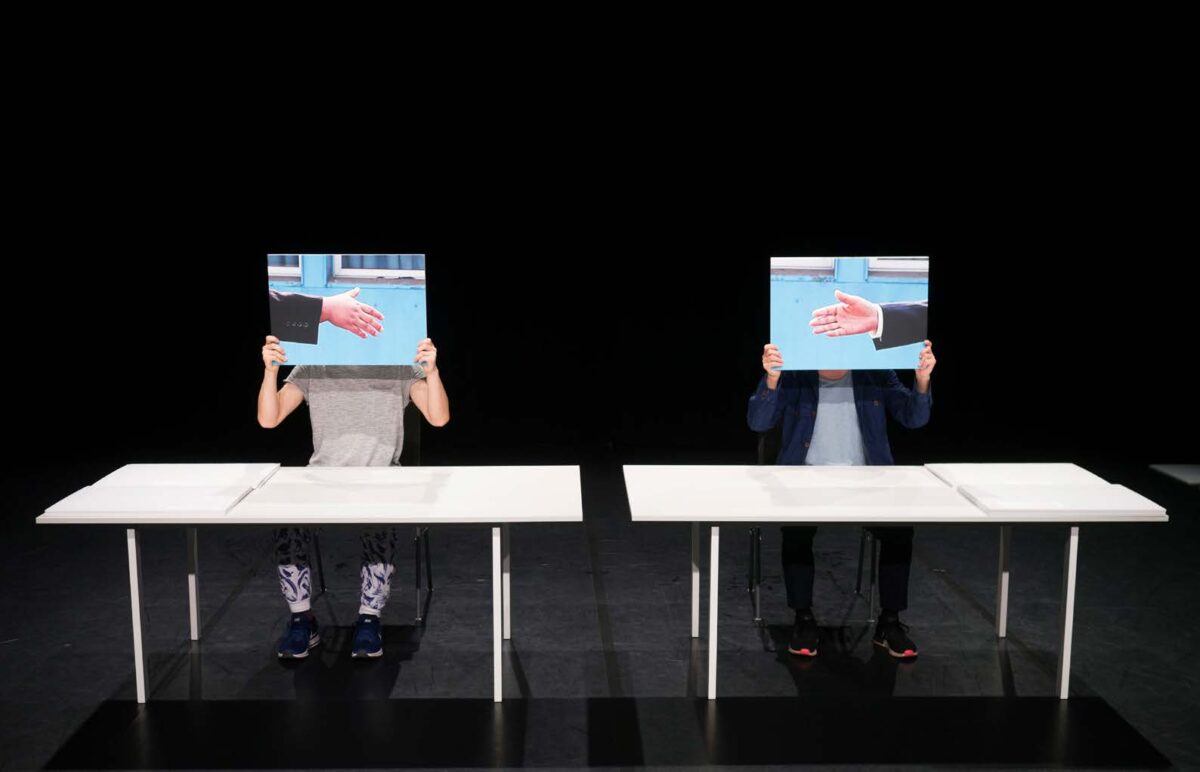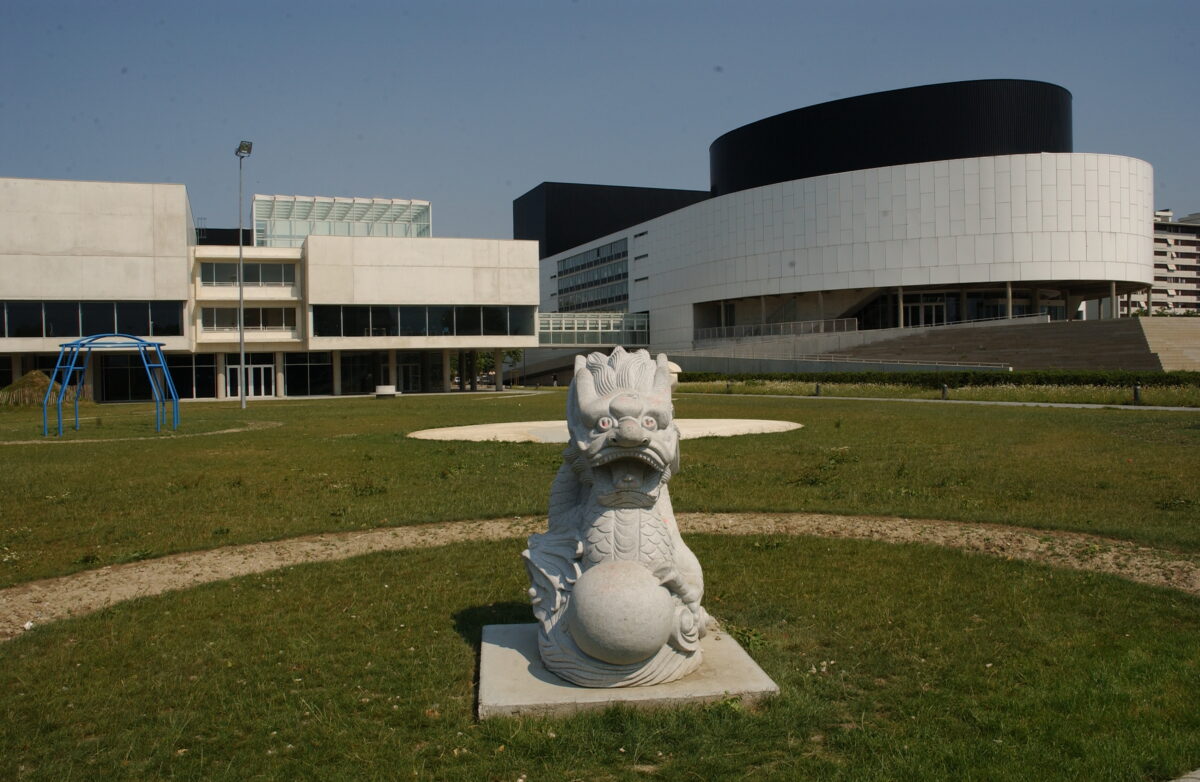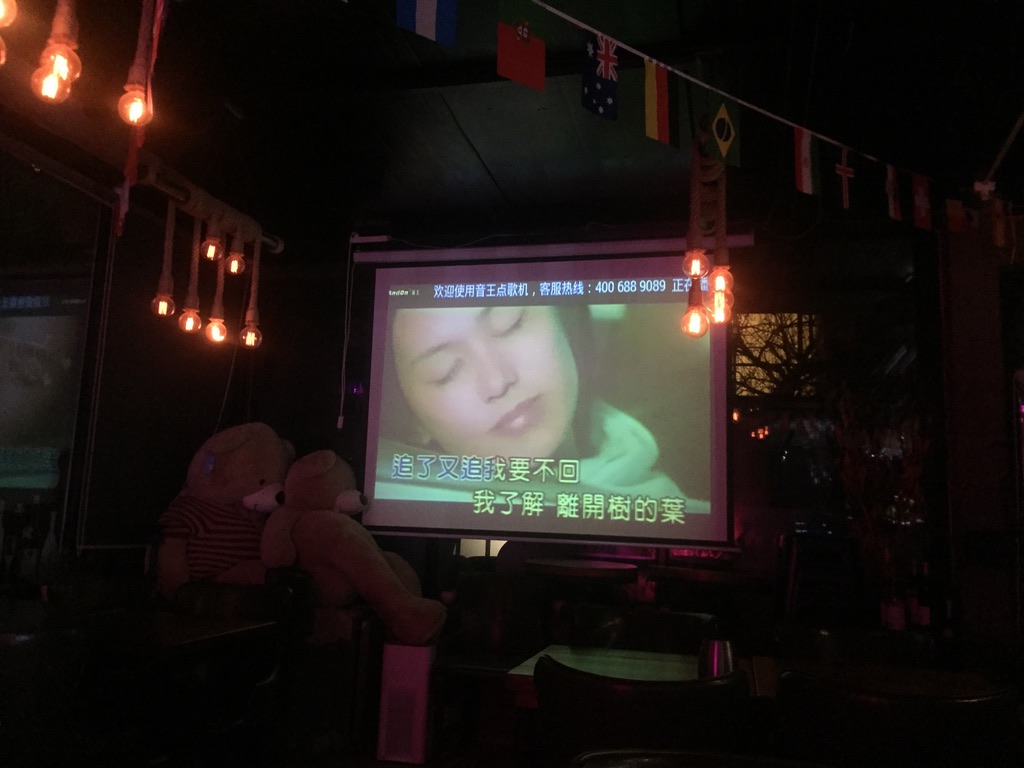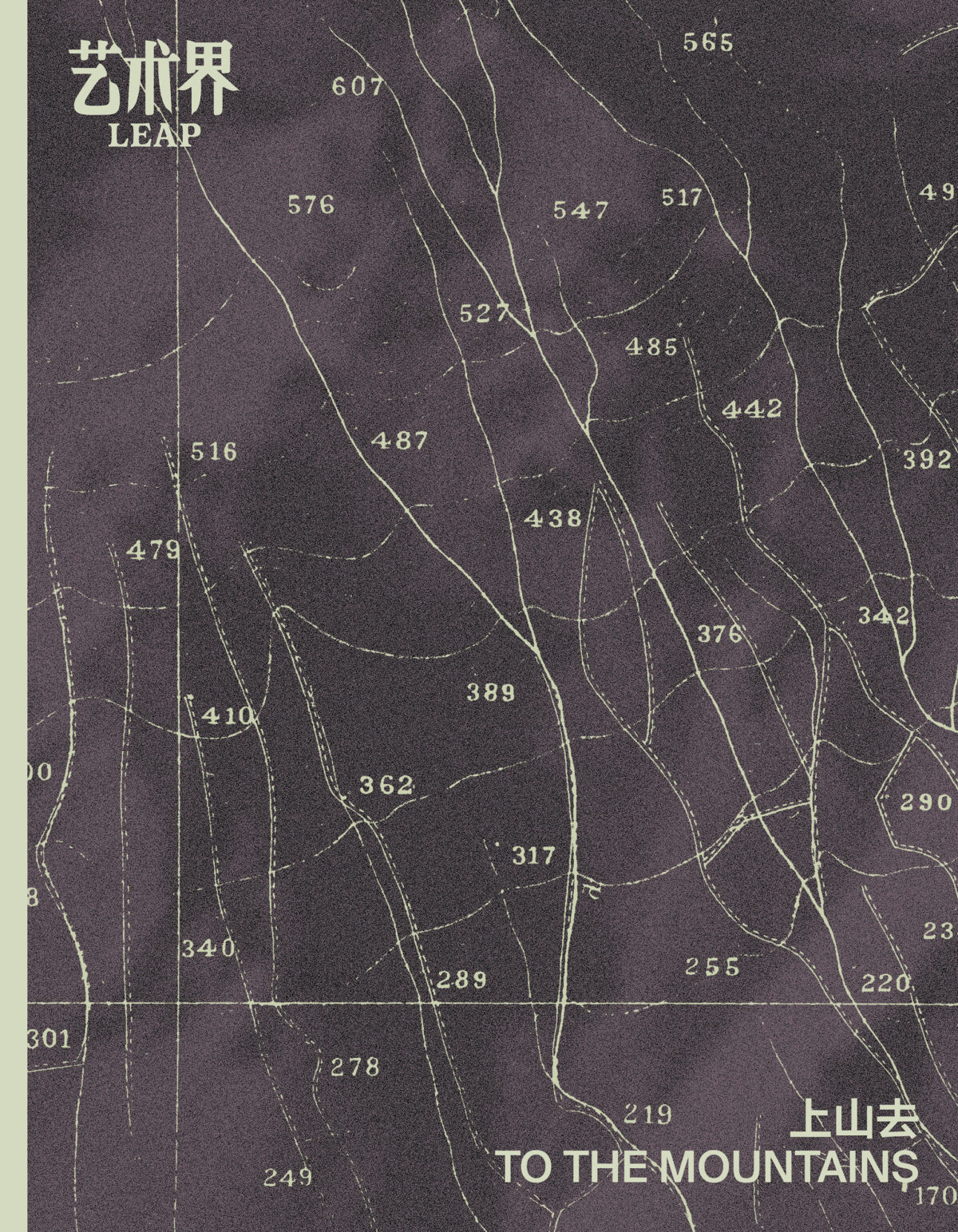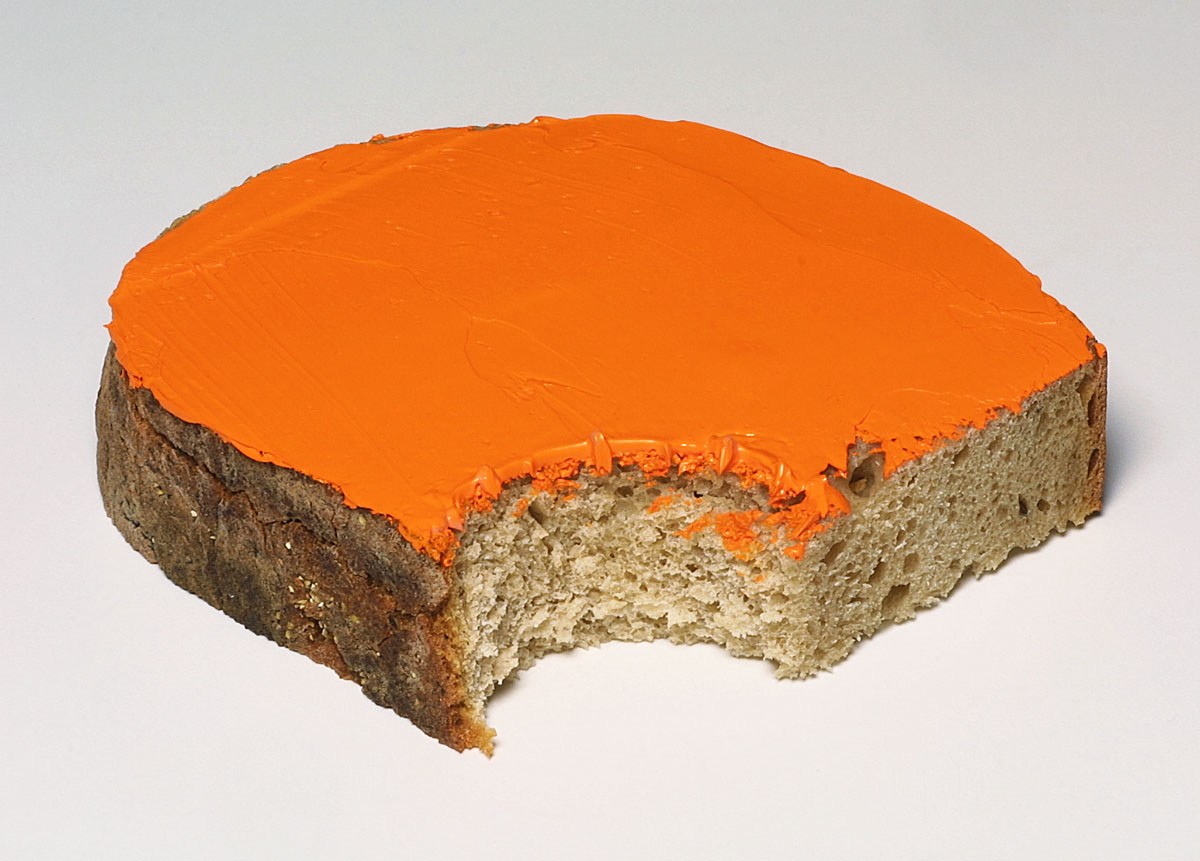That flawless world is dead, and has left no bones. Nothing but burnt stumps, drifting surfaces, formless fight, and the blue water of a tiny well, guarded by my silent Friend.
Read MoreIn the name of “civilization and modernity,” these different forms of violence destroyed the region’s former way of life. An insightful quote by Ba Ren sums up the situation of the plantation: “The great farm developed as a result of the combination of the capital of Westerners, the land of Indonesians and the labor of the Chinese.”
Read MoreIt also suggests that you can never escape the feeling that international politics have a role to play in the underlying framework of the show.
Read MoreMay the revolution end soon and may the victory return to the people.
Read MoreFood can bring satiation, joy, and the gratification of generosity and hospitality, but when the many layers of the surface are peeled away, we are forced to reflect on the “common sense” of ordinary life, and dig out the roots of the pain that others or we collectively experience.
Read MoreThe artists’ focus on the very substance brings an awareness to the body that history is not usually aware of, through senses that elude and erode “common sense.”
Read MoreJonnie To’s films, on the other hand, address something that reaches deeper than perceptible phenomena—the tension between the aforementioned ideologies and certain preconceived beliefs. Perhaps such a tension is the true core of the “Hong Kong perspective”—it encompasses an alternative understanding of fate and acknowledgement of esoteric knowledge, and even praises of the spirit of Xia.
Read MoreIt is late April in Shanghai; any “normalcy” has spiraled into abstraction, owing to its protracted absence from life’s routines. My daily existence consists of humdrum cycles of hunger, sleep, and em…
Read MoreWhen we see the history of film through the figure of the bianshi, the influence of vernacular drama (kabuki, glove puppetry, and pansori) is always immanent, that the birth of film is not simply a rupture with the legacy of the theater. In this vein, we can use Chen Chieh-jen’s idea of yaoyan film to ex-scribe a birthdate for yaoyan-style film. The year is 1926, in the moment in which Taiwan’s bianshi started to create countless anti-colonial film memories for audiences.
Read MoreOn the ocean that is memory
Read MoreHowever, the law of loss and gain is never consistent when put against a timeline. Cognitive dissonance seems to be the only constant in time.
Read MoreWhen the calibrated verbal expressions still assume their roles as the predominant majority to reinforce themselves, how shall we interpret the sense of touching and its absence?
Read MoreTherefore, it is not a question of whether it is a good match, but the proportion of proximity and pace which gives relationships the character of complexity.
Read MoreThe details of life are the only thing left to say.
Read MoreWe don’t force ourselves to produce or obey.
Read More“I know the secret of steamed rolls,” the letter read.
Read MoreThere are convoluted, bewildering little things everywhere. We are situated in different places, but perhaps can try to chart them at the same time.
Read MoreCan we unleash our imaginations further on the basis of such a relationship, in critical ways?
Read MoreSome sort of correlation and pattern rippled through their orchestrations: perhaps a yearned-for, not-yet-attained object, or some pursued, forgotten object, which greatly exceeded the scope and expectations of the individual.
Read MoreNo era is ever too good for art, and none too bad.
Read More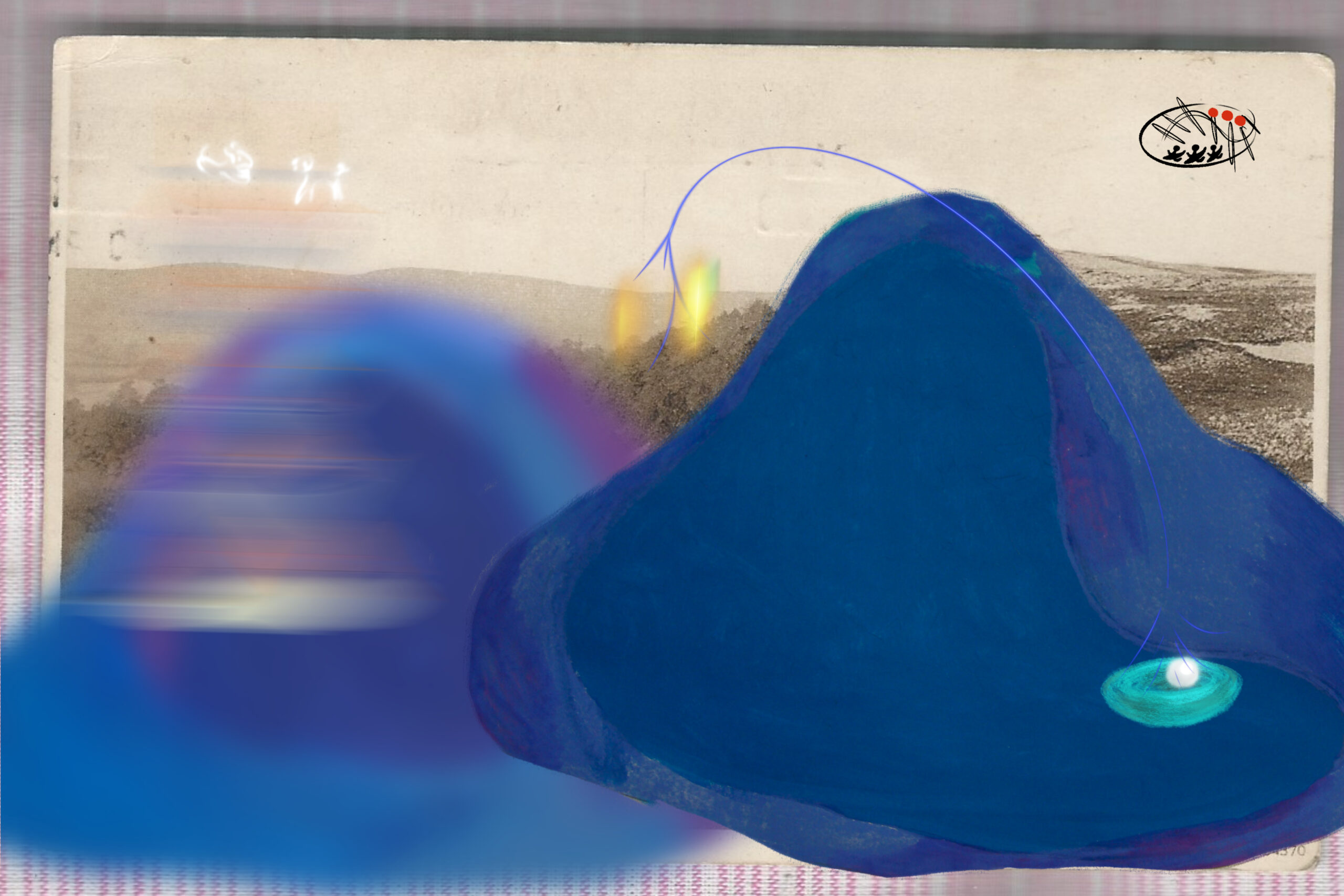

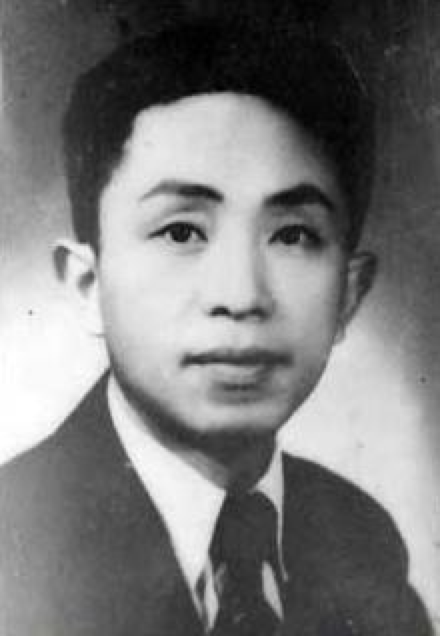

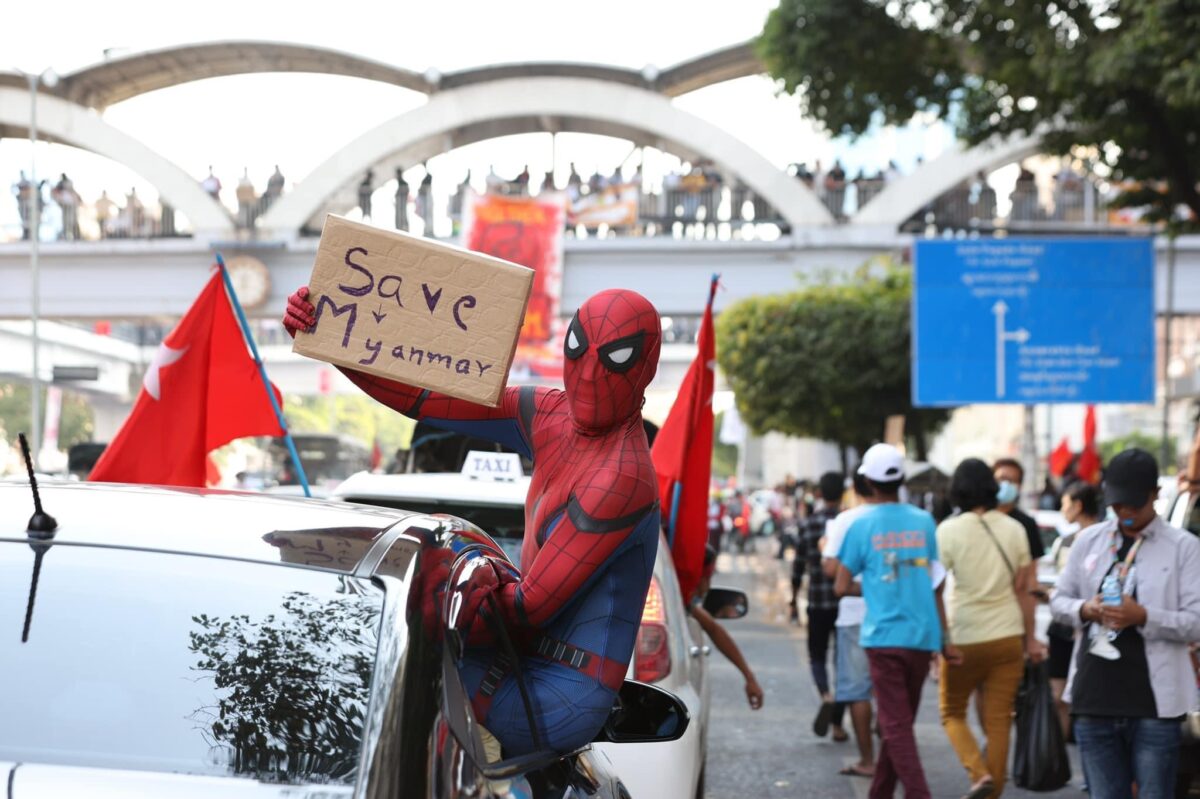

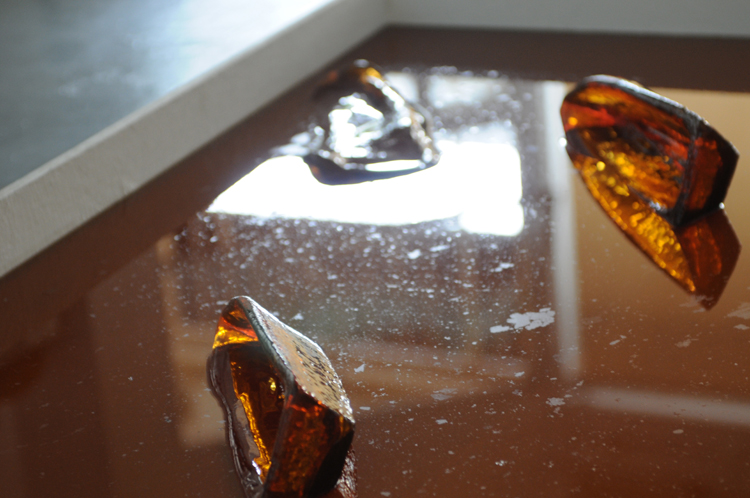

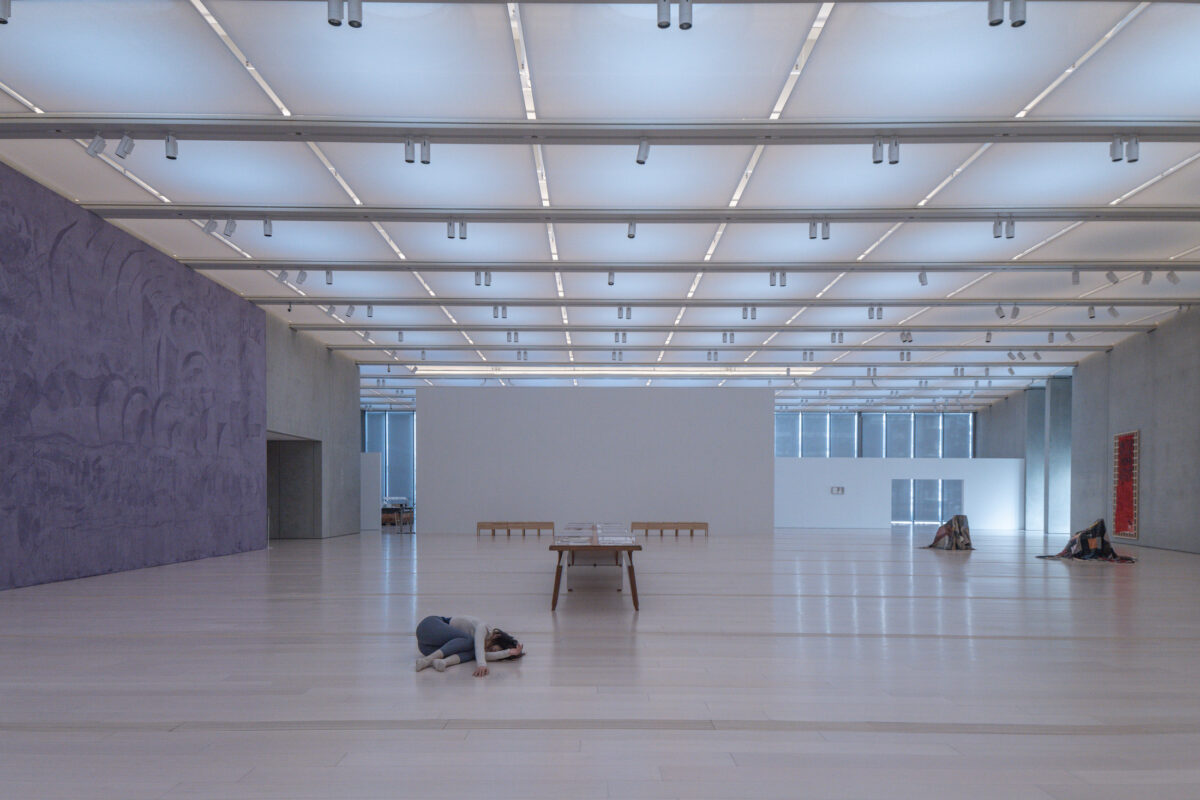
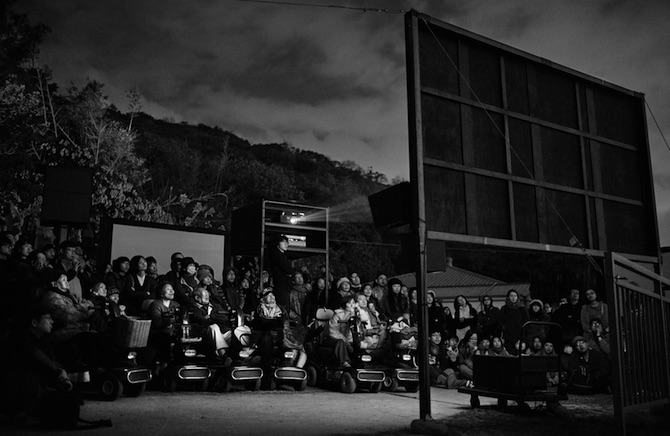
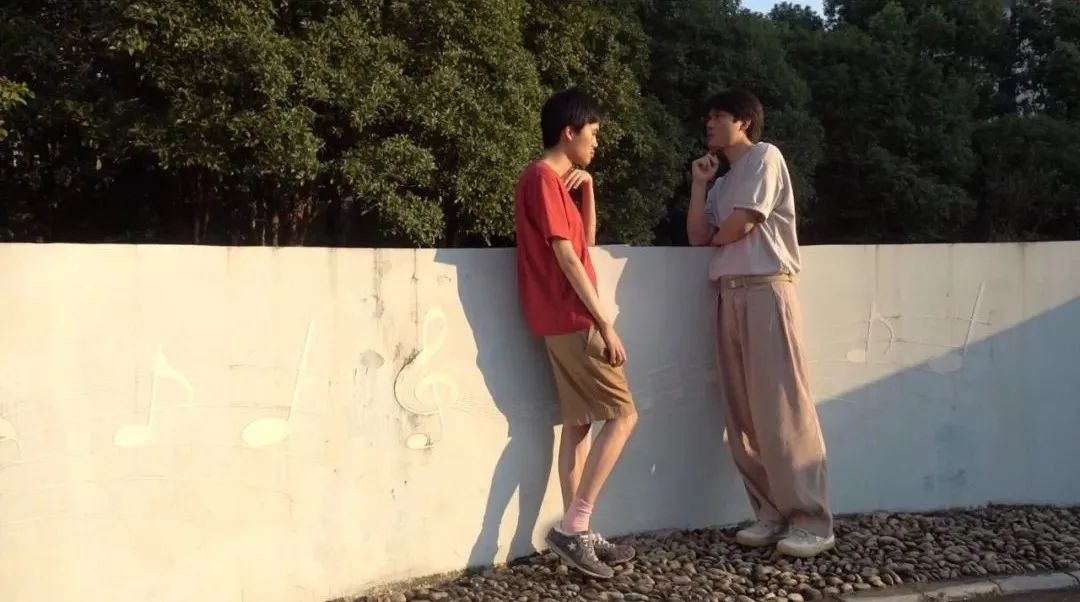




-1200x704.jpg)
